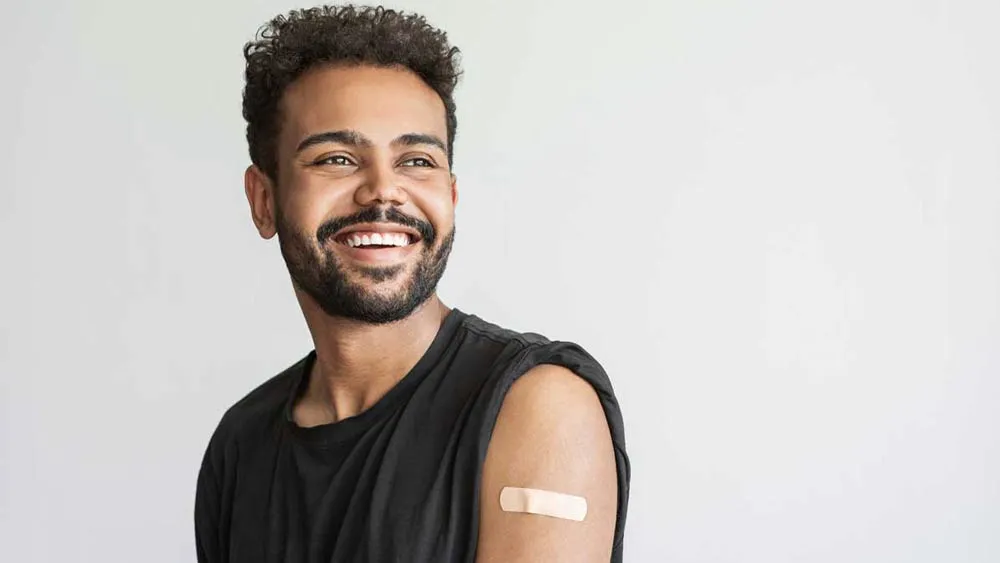March 19, 2012
Add Gay Russians to List of Asylum Seekers
Jason St. Amand READ TIME: 2 MIN.
Two years ago Alexander Kargaltsev left Russia after being attacked by military cops during a Moscow gay pride rally. The authorities beat him with batons and even used a Taser gun on him. After the tragic incident, Kargaltsev decided to seek asylum in U.S., the New York Daily News reported.
"They left us lying in blood in the street," he said about the incident.
Kargaltsev, 27, says since he left Russia gay beatings have only become worse. Before being attacked by the Russian police, the young filmmaker who now resides in Brooklyn, New York, was attacked by skinheads with brass knuckles who were outside of a gay club. Additionally, thugs created a fake online dating profile and jumped him when he they met up for a first date.
"It's getting worse," Kargaltsev said.
Like Kargaltsev, several LGBT Russians are getting asylum in the U.S. because of Russia's poor treatment towards gays and transgender people. Earlier this month St. Petersburg officials passed a bill known as the "homosexual propaganda law" that can fine individuals up to $16,700 for the "promotion of homosexuality" and "pedophilia among minors."
The newspaper points out that the U.S. granted 21,113 immigrants asylum in 2010 and 548 of them were from Russia. The advocacy group Immigration Equality said that in the last two years it has won more gay asylum cases for Russians than any other country except for Jamaica. The organization was successful in 18 cases that involved LGBT Russians -- one of them being Kargaltsev's case.
"We're seeing a rise in cases from Eastern European countries," said Immigration Equality's legal director, Victoria Neilson. "Things are definitely bad in Russia. It's a country where the public at large is very homophobic and the government does nothing to protect people."
In another New York Daily News article, Neilson said that one of the biggest problems with asylum law is that people must be in the country to apply. Another issue is time -- after immigrants come to the U.S. they have only one year to apply for asylum, although those who are infected with HIV may be able to get an extension.
The United States Customs and Immigrating Services created a new training guide for asylum officers, which now includes sexual orientation and gender identity.
"The HIV diagnosis may be 'the last straw,'" causing the applicant to realize that returning to the country of origin would be a 'death sentence.'" the booklet says.
Although Neilson's organization has mostly handled cases from the Caribbean and Russia, a gay Ugandan man, Kushaba Moses Mworeko, was granted asylum in D.C. In May 2011 Metro Weekly reported.
Grace Gomez, a Coral Gables, Fla., lawyer has been working with LGBT people who are seeking asylum, especially those from Jamaica -- a country where homophobia runs strong. She says once she gained the trust of the Jamaican LGBT community, she began to understand the fears they had of their government and families.
Additionally, a man from Cameroon, which located in West Africa, sought asylum in America after experiencing years of police beatings and brutal attacks. Gaston Dissake, 29, made his way to Seattle where can live his life as an openly gay man.



